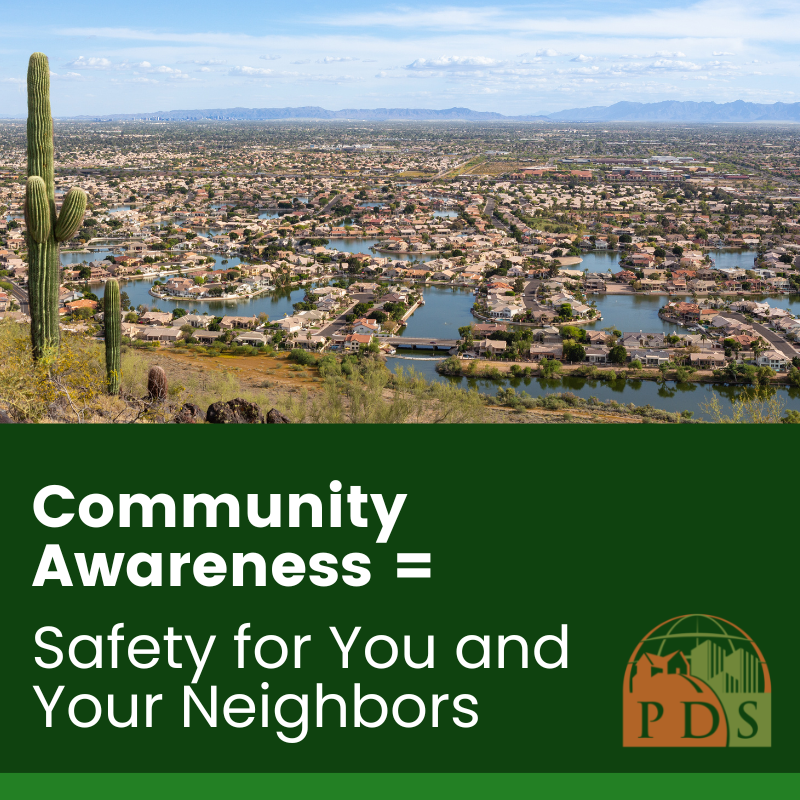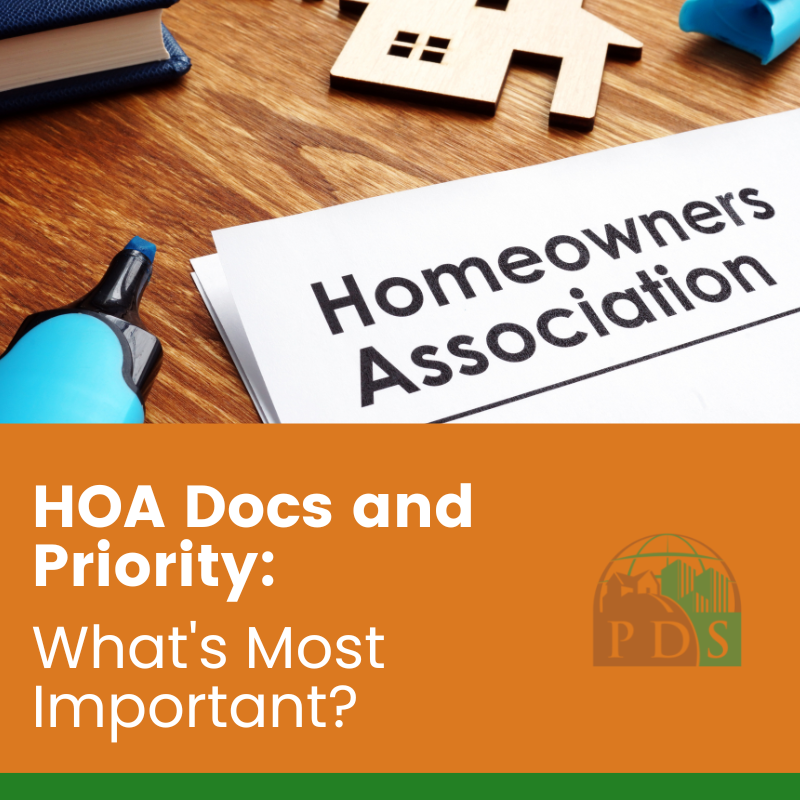
Top 5 Easy-to-Achieve New Year Resolutions for the HOA
2023 is nearly upon us and at PDS, we know that HOA Board members and residents can work together to develop productive resolutions. So, we’ve put together some ideas on how to build effective New Year’s Resolutions for you HOA!
It’s true that New Year’s resolutions have a certain stigma to them of never sticking and being forgotten by mid-February. However, developing a few New Year’s resolutions that foster positive relationships between HOA Boards and residents are simple to achieve and can provide long-lasting impacts with little effort. We want you and your HOA to be ready for the best year yet! So, let’s go!
2023: No Egos Allowed
Bye-bye 2022! And bye-bye egos. Anyone who has been involved with an HOA for any length of time has undoubtedly heard of disputes between homeowners and the HOA Board, they may even have been involved in one. In many cases, HOA disputes can be settled easily. But when puffed up egos are involved (on either side of a dispute), simple matters can quickly escalate into huge conflicts. Let’s make 2023 the year where all of us leave our egos at the door when dealing with the issues that affect our communities. Or, at the very least, agree to step aside in situations where we know we are too personally invested to be impartial, fair, or helpful.
Review Governing Documents.
One of the biggest reasons for conflict in an HOA community is misinformation or misunderstanding. Board members, and residents alike, need to read and understand the documents that govern the HOA. If there isn’t clear understanding, then the HOA rules cannot be enforced or complied with properly. Clear understanding definitely equals fewer headaches for everyone involved. If you are a board member, make sure you know about ALL documents. For help in understanding what documents could be involved, check out HOA Docs and Priority: What’s Most Important?
Get Organized!
We are talking about filing reports, reviewing insurance requirements, having easily accessible Board minutes, and the like. It can sound like a huge task, but, with a simple checklist like, The Ultimate HOA Board Organization Checklist, it can be quite simple to get and keep your HOA Board organized.
Delegate and Seek Help
HOA Board members, residents, and volunteers are all juggling jobs, families, and, let’s face it, life, which leaves little time for the HOA itself. But, there are ways to lighten the burden for everyone. Can committees be utilized to investigate initiatives? How can big projects be broken up into manageable tasks? Ask for help, use your social media tools, go door-to-door, have functions, and see if small groups can form to address some of the needs.
Stay Informed
For residents, the benefits of getting to know your HOA Board are outstanding. For the HOA Board, commit to continually educating and improving your knowledge about HOA management and your community! If you’re reading this, you already know about our PDS blog, which can be a wonderful resource for staying informed about your HOA and ways to keep your community healthy, safe, and thriving. In addition to the blogposts linked previously, we’d like to offer up our Top Blogs of 2022 as a great place to start:
Top Ten HOA Homeowner Rights
Community Awareness = Safety for You and Your Neighbors
What You Need to Know: HOAs and Legal Obligations
6 Helpful Ideas to Increase Participation in Your HOA
HOA Best Practices for Board Members and Managers
Goodness…that’s a lot of resolutions…but adopting and sticking with them will be something to celebrate for years to come! In fact, let’s start the celebration now, shall we? Cheers to 2023!










